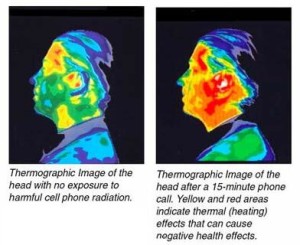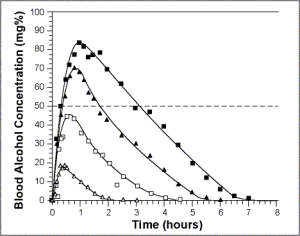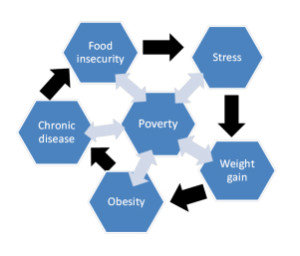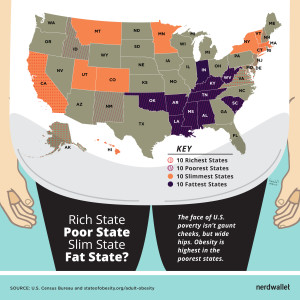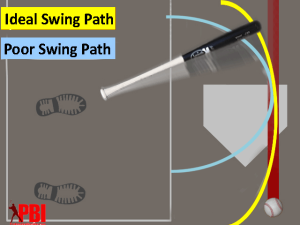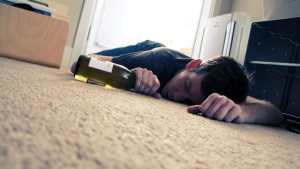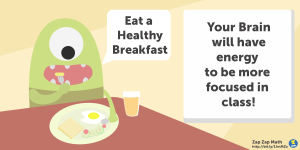A very common topic in college and even high school is cramming. Students stay up all hours of the night to finish that research paper or cement as much information into their head as possible. Usually when students have to cram for a test or quiz they are very tired and nostalgic the next day. Is this a positive thing? According to a recent study done at the University of California, Los Angeles (UCLA), students are better off taking those extra hours to sleep. This article in Time Magazine covers the study conducted, which consisted of 535 students’ grades 9-12, and for 14 days each student tracked whether they crammed or slept the night away. The next day they would record how they felt as well as how they preformed academically. In this study, “the data showed that kids who didn’t get enough sleep were not only more likely to have problems understanding during class… but they were also more likely to do badly on tests, quizzes and homework”. According to “Andrew J. Fuligni, professor of psychiatry and bio behavioral sciences at UCLA”, Andrew said, “When cramming… it is more difficult to learn what you’re studying”. Having stayed up late to cram before, I both agree and disagree with this study’s findings. I feel that cramming helps me remember information I would have otherwise not been aware of. Also, when I am forced to cram the test does seem to be more difficult for me to comprehend. This makes sense, and scientists say cramming can actually have the opposite effect.
Additionally, this article by Lisa Philipose and ABC NEWS agrees with the findings at UCLA. This study was done at Harvard University with about 100 students. They tested for memory gain over the course of a good nights sleep and little sleep. Sleep proved to be the winner. To support this Philipose states, “Experts say that getting enough sleep is vital to our overall health… and other processes like the ability to concentrate”- THE ABILITY TO CONCENTRATE! This may be one of, if not the most important factor in school. Students need to concentrate to learn in classes and do homework.
All in all, sleep seems to be the best answer. Cramming the night before can lead to an increase in your knowledge for a short amount of time, however, what good will that do if you did not sleep and can not concentrate- none. Sleeping is extremely important for the human body and skipping out on it just takes too much of a toll on the person. It is better to go into a test with a well-rested mind and body opposed to a tired distracted by all the new information given to it. So next time I have to decide between cramming or sleeping, I’m going to pick the smarter choice, and sleep.
Sources:











